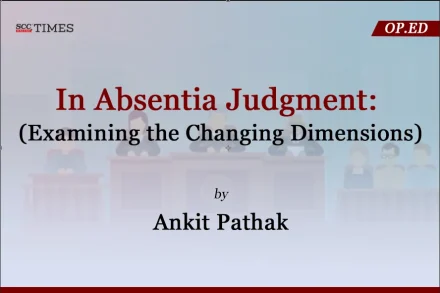
In Absentia Judgment: (Examining the Changing Dimensions)
by Ankit Pathak*

by Ankit Pathak*
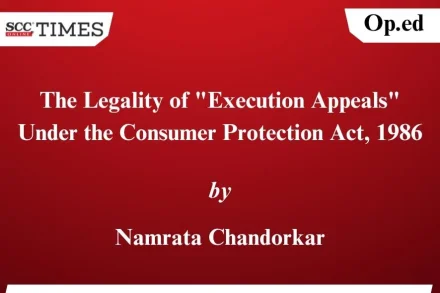
by Namrata Chandorkar*
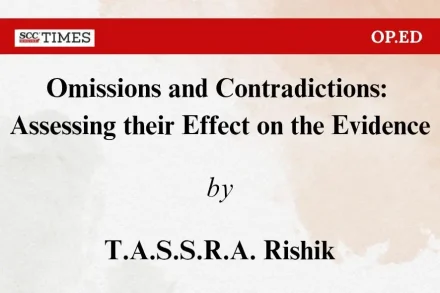
by T.A.S.S.R.A. Rishik*
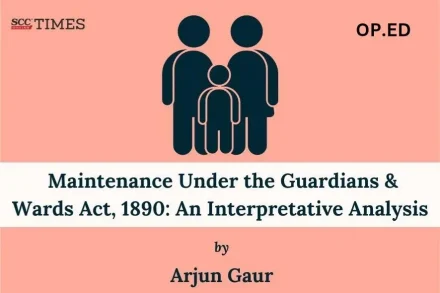

“According to us, only for the purpose of arrest of absconding accused, continuous monitoring of the further investigation by this Court under Article 226 of the Constitution of India is not necessary.”
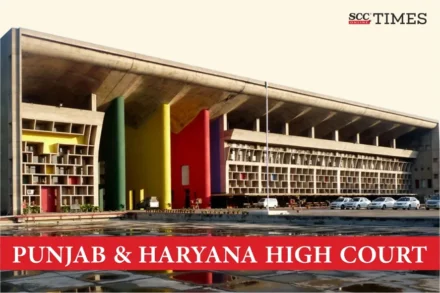
The matter was remanded to the Special Judicial Magistrate for a fresh decision regarding the applications preferred by Ram Rahim and the doctor in view of the present Order.
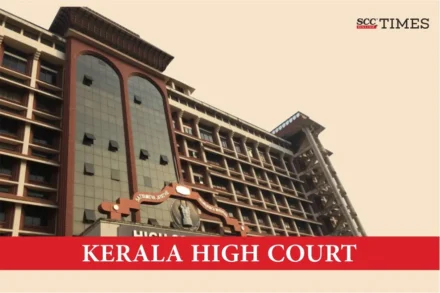
“A prosecution witness, who was examined already, cannot be recalled by exercising the powers under Section 233 CrPC. However, such an exercise can be done under Section 311 CrPC at any stage, including that of Section 233, provided all the requirements and parameters of Section 311 are otherwise satisfied.”

“It is most unfortunate that the convicts had to undergo incarceration in prison for a period of about 14 years due to the failure of the authorities concerned to take note of the fact that they were juveniles at the time of the commission of the crime.”

“It is true that, when the parties are in rivalry, false implication of one among them in a serious crime would be resorted to wreak vengeance and to see the obliteration of the opponent. At the same time, there may be occurrences otherwise also.”

“When the proceedings under the DV Act are found to be an abuse of process of Court, in order to secure the ends of justice and to save the parties being put into a frivolous litigation, the High Court must exercise its power under Section 482 of CrPC or under Section 528 of BNSS, otherwise abuse of process of Court would not be addressed or prevented”.

“Based on the statement of a lady, that also after 17 years, the present case is registered. It is true that the investigation is going on. But, everybody must remember that the pride and dignity is not only to woman, but to men also.”

The Court considered the aspect of better company and care, wherein it evaluated the parties’ living arrangements, schedules and availability to cater to the children. The husband due to his business engagements could not have catered to the needs of the children, unlike the wife who was not working at stayed at home.

“The Court said that even though the petitioner’s conduct in jail was ‘unsatisfactory’, he had already been punished for the offences committed in the prison and had already atoned for them.”

The issue of “obscenity or indecency per se” will not arise until or unless there is evidence on record to see that a person at a given time witnessing particular obscene act is actually annoyed or not.

The Court stated that the only test to be applied at the stage of framing of the charge is whether there is sufficient cause made out by the prosecution to proceed against the accused.

“Hindu Marriage Act, 1955 merely provides saptpadi as an essential ceremony of a Hindu marriage and it does not provide that the ceremony of kanyadan is essential for solemnization of a Hindu marriage”
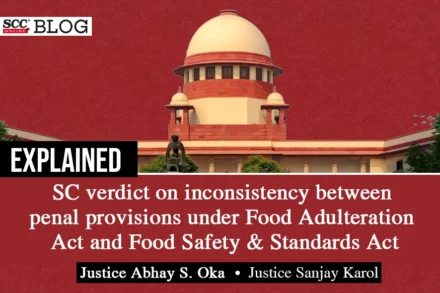
“The punishment under PFA and the penalty under the FSSA cannot be imposed on the violator for the same misbranding because it will amount to double jeopardy, which is prohibited under Article 20(2) of the Constitution of India.”
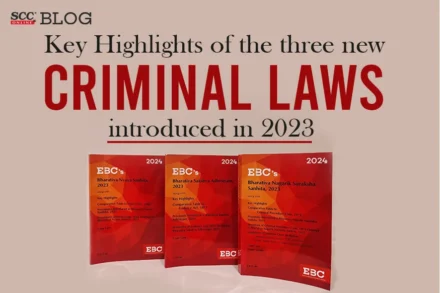
The President gave assent on 25-12-2023 to the new criminal laws.
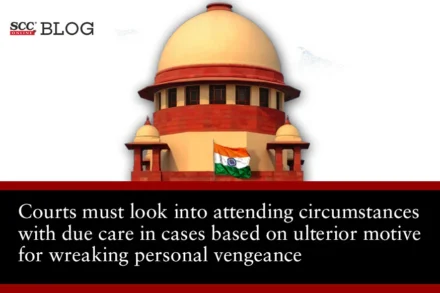
Supreme Court noted that there are multiple FIRs that have been registered over a period, thereby attracting the issue of wreaking vengeance out of private or personal grudge as alleged.
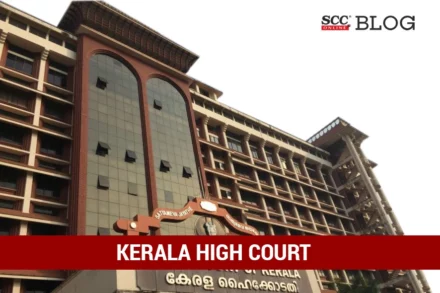
“The attempt should be to assimilate the required details and reach the correct conclusion at the earliest, rather than mulling over mundane objections.”